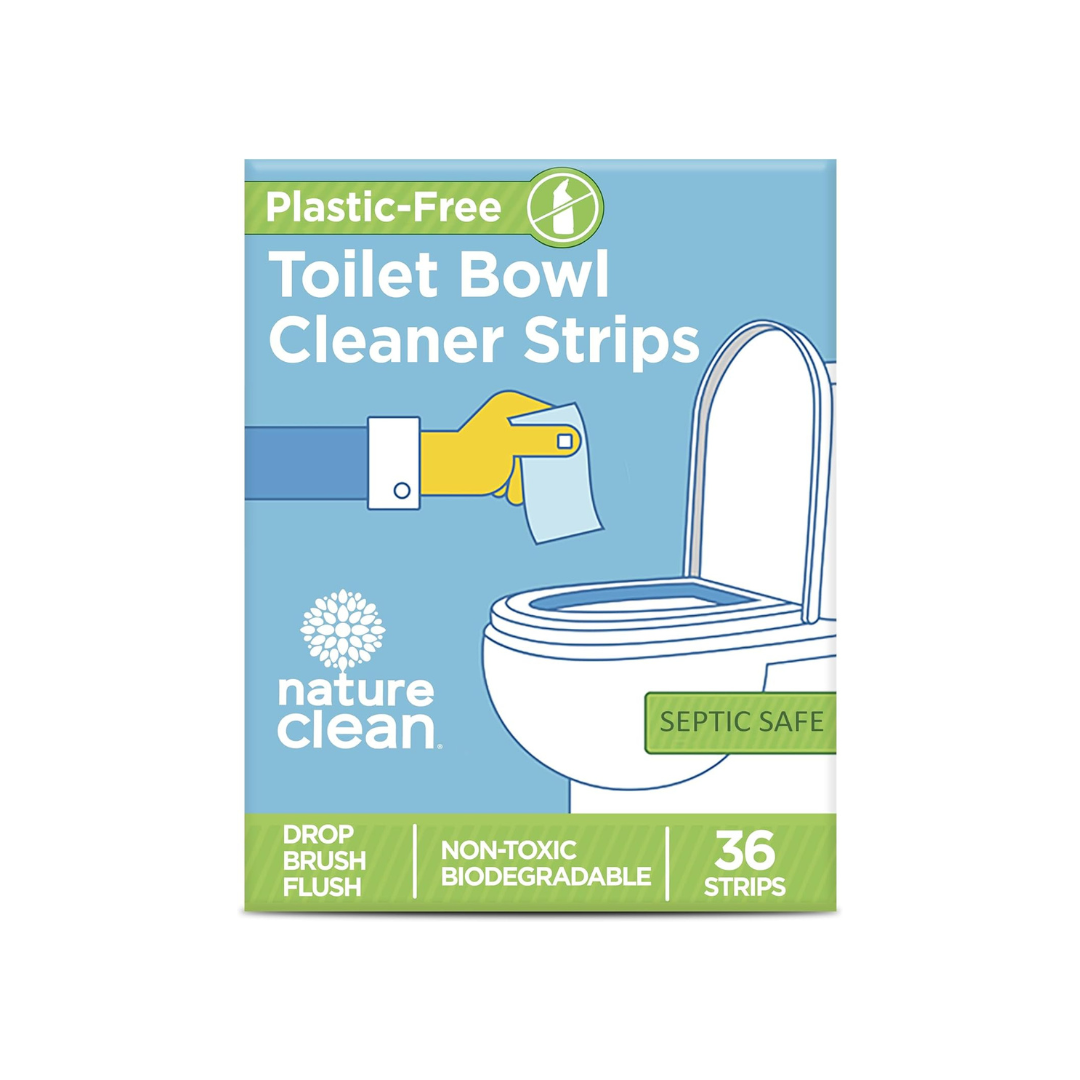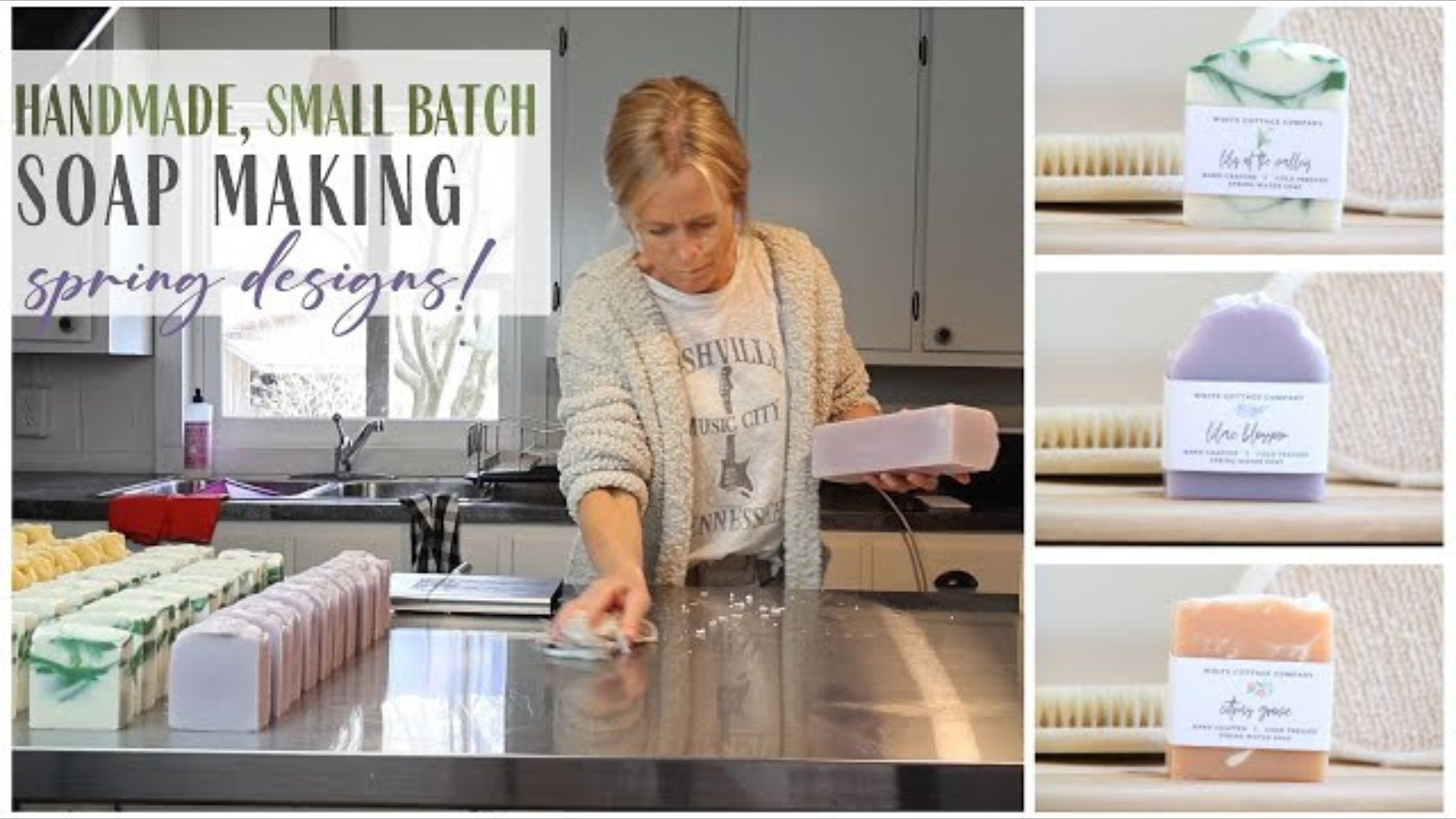Neem, charcoal, and other natural oral care agents.
The demand for plant-based and natural products has grown exponentially across the globe, and oral care products, like toothpaste, are no exception. With consumers becoming more mindful of the health and environmental impacts of conventional products, plant-based toothpaste has emerged as a sustainable and effective alternative. This trend aligns perfectly with Sustai Market’s mission of empowering individuals to make eco-conscious and health-friendly choices. In this blog, we’ll explore why plant-based toothpaste is becoming a game-changer in oral care, the key natural ingredients used, and how Sustai Market ensures these products meet the highest standards of sustainability and safety through tools such as the Sustai Score and Sustai Badges.
The Rise of Plant-Based Toothpaste
For decades, conventional toothpaste has dominated the oral care market. However, recent studies and awareness campaigns have shed light on the hidden downsides of some of these products. Common toothpaste ingredients like sodium lauryl sulfate (SLS), triclosan, and artificial sweeteners have been linked to potential health risks, including gum irritation, hormone disruption, and even environmental harm. These revelations have prompted consumers to seek safer alternatives, paving the way for plant-based toothpaste to shine.
Plant-based toothpaste offers more than just a natural alternative. It represents a shift toward ethical consumerism. These products are often cruelty-free, vegan, and free from harmful chemicals, making them suitable for individuals with sensitive teeth, gums, or allergies. Beyond personal health, plant-based toothpaste also contributes to environmental sustainability—many brands use biodegradable ingredients and eco-friendly packaging, reducing the overall carbon footprint.
At Sustai Market, we recognize the significance of this movement. Our platform prioritizes products that not only deliver exceptional quality but also align with sustainable living values. Using the Sustai Score, we evaluate every oral care product based on its safety, environmental impact, and ingredient transparency, ensuring that you can make informed, responsible choices.
Why Choose Plant-Based Alternatives in Toothpaste?
Switching to plant-based toothpaste isn’t just about following a trend; it’s about embracing a healthier, more sustainable lifestyle. Here are the key reasons why you should consider making the change:
1. Health Benefits of Plant-Based Toothpaste
-
Free from Harmful Chemicals: Unlike traditional toothpaste, plant-based options reconsider synthetic additives like SLS, parabens, and artificial sweeteners, which can cause irritation or long-term health concerns.
-
Gentle on Sensitive Teeth and Gums: Many plant-based toothpaste formulations use soothing ingredients such as aloe vera or coconut oil, making them ideal for individuals with sensitive oral tissues.
-
Natural Whitening Agents: Ingredients like activated charcoal and neem promote natural whitening and plaque removal without the abrasive effects of chemical agents.
2. Environmental Advantages
-
Biodegradable Ingredients: Plant-based toothpaste is typically formulated with ingredients that break down naturally, reducing environmental pollution.
-
Eco-Friendly Packaging: Many brands are adopting recyclable or zero-waste packaging, such as glass jars or compostable toothpaste tubes, to minimize plastic waste.
-
Sustainable Sourcing: Ingredients like neem, aloe vera, and essential oils are often sourced sustainably, supporting ethical farming practices.
3. Ethical and Cruelty-Free
-
Most plant-based toothpaste products are cruelty-free, meaning they are not tested on animals.
-
Vegan formulations exclude animal-derived ingredients like glycerin, making these products a compassionate choice for ethical consumers.
By choosing plant-based toothpaste, you’re not just investing in your oral health but also contributing to a healthier planet. Sustai Market’s Sustai Badges make it easy to identify products that meet these high standards, ensuring your purchase aligns with your values.
Key Ingredients in Plant-Based Toothpaste
Plant-based toothpaste formulations rely on a variety of natural ingredients to deliver effective oral care. These ingredients not only clean your teeth but also address specific concerns, such as gum health, bad breath, and whitening. Below are some of the most commonly used plant-based ingredients and their benefits:
Neem: A Natural Antibacterial Agent
Neem has been used in traditional medicine for centuries, especially in Ayurveda, for its powerful antibacterial and anti-inflammatory properties. In toothpaste, neem helps combat bacteria that cause cavities and gum disease. It also promotes healthy gums and fresh breath without the need for synthetic chemicals.
Charcoal: A Natural Whitener
Activated charcoal has gained immense popularity as a natural whitening agent. It works by binding to surface stains on your teeth, leaving them brighter without the use of harsh bleaching agents. Additionally, charcoal detoxifies by absorbing toxins and bacteria, contributing to overall oral hygiene.
Aloe Vera: Soothing and Healing
Known for its soothing properties, aloe vera is an excellent ingredient for individuals with gum sensitivity or inflammation. It helps reduce plaque build-up, heals minor oral sores, and keeps gums healthy.
Coconut Oil: The Oil Pulling Hero
Coconut oil is widely recognized for its antibacterial and anti-inflammatory properties. It is commonly used in oil pulling—a traditional practice of swishing oil in the mouth to remove toxins and bacteria. When added to toothpaste, coconut oil helps reduce plaque, prevent bad breath, and promote gum health.
Peppermint Oil: A Natural Freshener
Peppermint oil not only provides a refreshing flavor but also offers antimicrobial benefits. It helps kill bacteria that cause bad breath and keeps your mouth feeling fresh for longer.
Each of these ingredients is carefully selected to ensure both efficacy and sustainability. At Sustai Market, we feature products with such ingredients that have been evaluated for their safety and environmental impact through our Sustai Score, giving you peace of mind with every purchase.
The Environmental Impact of Conventional Toothpaste
While conventional toothpaste has been a staple in oral care for decades, its environmental impact often goes unnoticed. From the ingredients used to the packaging, traditional toothpaste poses significant challenges to sustainability:
1. Non-Biodegradable Ingredients
Many conventional toothpaste formulations include microplastics or synthetic detergents like SLS, which do not break down naturally. These ingredients often end up polluting water systems, harming aquatic life and ecosystems.
2. Plastic Packaging
Most toothpaste tubes are made of non-recyclable plastic, contributing to the growing issue of plastic waste. In fact, it’s estimated that over 1 billion toothpaste tubes are thrown away annually, with many ending up in landfills or oceans.
3. Harmful Manufacturing Processes
The production of chemical-based toothpaste often involves energy-intensive processes and the use of non-renewable resources, further exacerbating its environmental footprint.
By contrast, plant-based toothpaste brands are leading the way in sustainable oral care. Many use biodegradable ingredients, recyclable packaging, and eco-friendly manufacturing practices. Sustai Market proudly supports these brands and makes it easy for you to identify them through our eco-friendly packaging badges.
Neem in Plant-Based Toothpaste
Neem has been a cornerstone of natural oral care for centuries, particularly in Ayurvedic practices. Known as the "village pharmacy" in India, every part of the neem tree—from its leaves to its twigs—offers therapeutic properties. When incorporated into plant-based toothpaste, neem delivers a host of benefits that support oral health naturally.
1. Antibacterial and Antifungal Properties
One of neem's most celebrated properties is its ability to combat harmful bacteria and fungi in the mouth. This makes it highly effective at preventing plaque buildup, which is a leading cause of cavities and gum disease. Unlike chemical antibacterial agents, neem works gently, ensuring the natural balance of your oral microbiome is preserved.
2. Gum Health
Neem is particularly beneficial for individuals suffering from gingivitis or inflamed gums. Its anti-inflammatory properties help reduce redness, swelling, and bleeding. Regular use of neem toothpaste can strengthen gum tissues and promote overall gum health.
3. Fresh Breath
Neem also acts as a natural breath freshener, thanks to its antibacterial action that targets odor-causing bacteria. This makes it a perfect alternative to synthetic flavors and alcohol-based fresheners found in conventional products.
At Sustai Market, we ensure that toothpaste featuring neem is evaluated using our Sustai Score, ensuring it meets the highest standards for safety, efficacy, and sustainability. Look for Sustai Badges to find neem-based toothpaste that aligns with your values.
Charcoal: A Natural Whitening Agent
Activated charcoal has taken the oral care world by storm, and for good reason. This natural ingredient is derived from coconut shells, bamboo, or other natural sources, and has been used for detoxification for centuries. In plant-based toothpaste, charcoal offers several unique benefits:
1. Natural Whitening Without Harsh Chemicals
Unlike peroxide-based whitening agents, charcoal gently lifts surface stains caused by coffee, tea, or wine. Its porous structure binds to stains and impurities, leaving teeth visibly brighter without causing enamel damage.
2. Detoxification and Bacteria Control
Charcoal absorbs toxins and bacteria in the mouth, promoting a cleaner and healthier oral environment. It also helps reduce toxins that contribute to bad breath, making it an effective natural deodorizer.
3. Safe and Eco-Friendly
Charcoal is biodegradable and safe for the environment, unlike microbeads or other synthetic whitening agents used in traditional toothpaste. When you choose toothpaste with activated charcoal at Sustai Market, you can rest assured it has been vetted for environmental and health safety through our Sustai Score.
The Role of Aloe Vera in Oral Hygiene
Aloe vera is widely known for its soothing and healing properties, making it an ideal ingredient for individuals with sensitive gums or oral inflammation. Its use in plant-based toothpaste extends beyond soothing; it also contributes to overall oral health.
1. Anti-Inflammatory Properties
Aloe vera is a natural anti-inflammatory agent that can reduce swelling and redness in the gums. This makes it effective for treating minor gum irritations caused by brushing or flossing.
2. Plaque Reduction
Studies have shown that aloe vera can reduce plaque buildup as effectively as chemical-based toothpaste. It does so without using abrasive ingredients, making it gentle on enamel.
3. Healing Minor Oral Wounds
Whether it’s a canker sore or a cut from a sharp piece of food, aloe vera speeds up the healing process while providing a soothing effect.
At Sustai Market, we prioritize products that harness aloe vera’s benefits while maintaining clean and sustainable formulations. Use our Sustai Badges to find aloe vera toothpaste that is free from harmful additives and packaged sustainably.
Coconut Oil: The Power of Oil Pulling
Coconut oil is a versatile ingredient in plant-based toothpaste, often celebrated for its antimicrobial properties. It’s also the main ingredient in oil pulling, an ancient Ayurvedic practice for detoxifying the mouth.
1. How Oil Pulling Works
Oil pulling involves swishing coconut oil in the mouth for 10-20 minutes to remove toxins and bacteria. While this practice is traditionally done separately, many plant-based toothpaste brands incorporate coconut oil into their formulations for added benefits.
2. Antibacterial Power
Coconut oil targets harmful bacteria like Streptococcus mutans, which is responsible for cavities and gum disease. It creates a healthier balance of bacteria in the mouth, reducing the risk of oral infections.
3. Moisturizing and Soothing
Coconut oil provides a natural moisturizing effect, reducing dryness and irritation in the mouth, especially for individuals prone to dry mouth.
Essential Oils in Plant-Based Toothpaste
Essential oils like peppermint, eucalyptus, and tea tree oil are commonly used in plant-based toothpaste for their antibacterial and refreshing properties. Let’s explore them further:
1. Peppermint Oil
-
Antimicrobial properties help kill bacteria that cause bad breath.
-
Provides a refreshing flavor without artificial sweeteners or flavors.
2. Tea Tree Oil
-
Fights bacteria and fungi that can lead to oral infections.
-
Helps reduce plaque and inflammation, promoting healthier gums.
3. Eucalyptus Oil
-
Known for its ability to reduce plaque and support gum health.
-
Adds a mild, natural flavor to toothpaste formulations.
These essential oils not only enhance oral hygiene but also eliminate the need for synthetic flavors and preservatives. Sustai Market ensures that products with essential oils meet our transparency and safety standards through the Sustai Score.
How to Choose the Right Plant-Based Toothpaste
With so many options available, choosing the right plant-based toothpaste can feel overwhelming. Here are some tips to guide you:
1. Look for Key Ingredients
Choose toothpaste with ingredients like neem, aloe vera, charcoal, or coconut oil based on your specific oral health needs.
2. Check High-Risk Ingredients
Check the label for synthetic chemicals like parabens, SLS, or artificial sweeteners. Sustai Market makes this step easy by offering products with Non-Toxic Badges.
3. Prioritize Sustainable Packaging
Look for toothpaste that comes in recyclable or compostable packaging. At Sustai Market, our Eco-Friendly Packaging Badges help you identify such products.
4. Rely on the Sustai Score
The Sustai Score evaluates toothpaste for safety, environmental impact, and transparency, making it your trusted guide for ethical and sustainable choices.
DIY Plant-Based Toothpaste Recipe
For those who prefer a hands-on approach, here’s a simple DIY recipe to make your own plant-based toothpaste:
Ingredients:
-
2 tablespoons of baking soda
-
2 tablespoons of coconut oil
-
1 teaspoon of activated charcoal
-
5 drops of peppermint essential oil
Instructions:
-
Mix all the ingredients in a small bowl until you achieve a smooth consistency.
-
Store the mixture in a small glass jar with a lid.
-
Use a pea-sized amount for brushing, just like regular toothpaste.
This DIY toothpaste is free from harmful chemicals and packaged sustainably, making it a perfect eco-friendly option.
Take a Step!
Plant-based toothpaste is more than just an alternative to conventional products—it’s a step toward a healthier and more sustainable lifestyle. By choosing toothpaste with natural ingredients like neem, charcoal, aloe vera, and coconut oil, you’re not only improving your oral health but also reducing your environmental impact.
At Sustai Market, we’re committed to helping you make informed choices. With tools like the Sustai Score and Sustai Badges, finding safe, effective, and sustainable oral care products has never been easier. Explore our Personal Care & Beauty section or read more about Sustainable Living to discover how you can make a positive impact on your health and the planet.
Take the first step toward healthier, sustainable oral care today!


















